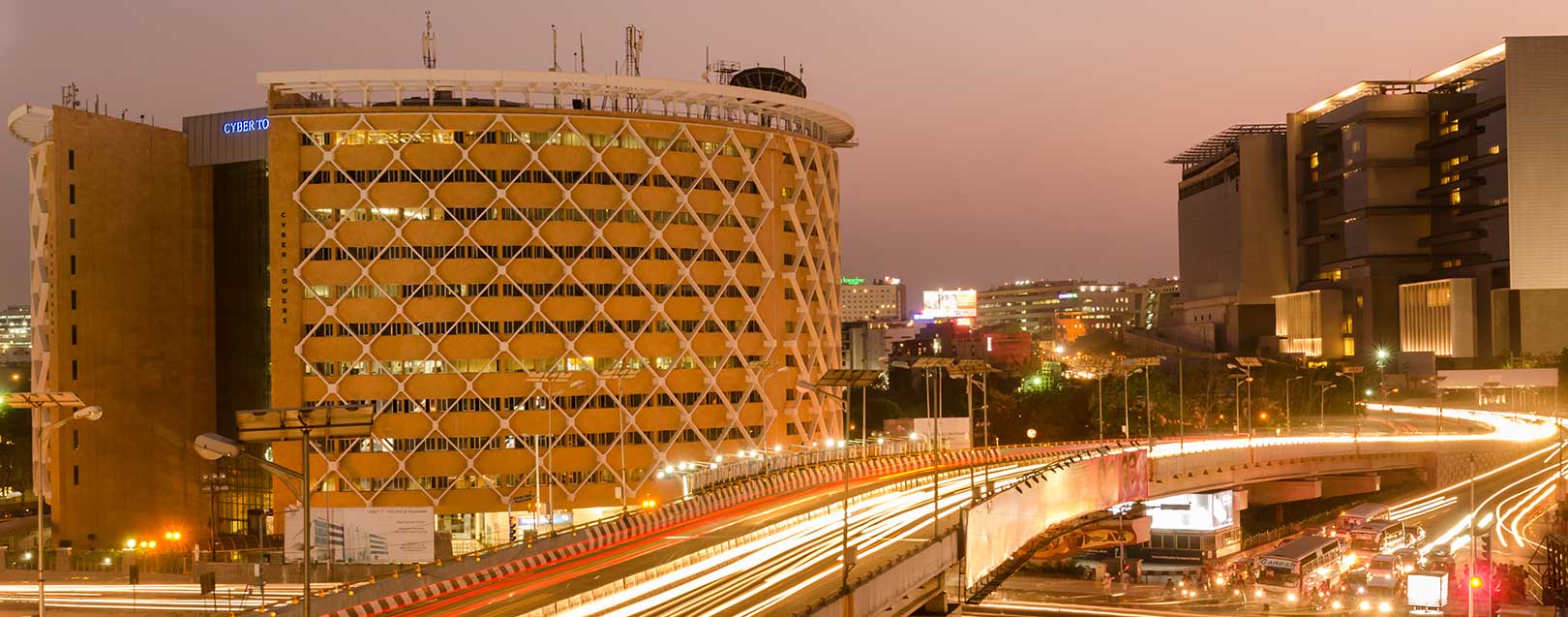
Budget hopes from industry heads in Hyderabad
The Dollar Business Bureau
Jitendra Kumar, Partner, JBRK & CO., CA: This is a 'hope' budget. The government is expected to give an improved direction to the already set focus on policy and fiscal prudence. There must be a cut in corporate tax to 25% to boost the industry. To leverage India's demographic strength, we need good spending on education and skills training.
Anil Kumar, CFO, Nuland Laboratories: GST will be favourable to regulated and organised industries like pharma. For cash dependent economies, it might have an unfavourable inflationary impact.
K.Harish Reddy, MD, Dynatech Industries Pvt Ltd., speaking of what the manufacturing and MSMEs hope from the Budget said, " Interest rates for loans to MSMEs must be brought down from current 14-16% to 8-10%. A maximum of 20% tax on income and rise of nil tax slab to 4 lakhs from the current Rs 2.5 lakhs will ensure tax compliance and tax revenue growth.
Vanitha Datla, Vice Chairperson, Elico Ltd: "There will be turbulence due to GST in the first few months, which will settle soon. GST will eliminate a lot of procedural cumbersomeness in dealing with different states. Make in India, anti-corruption, digitization and tax cuts are the expected focus points of this budget.
Anil Kumar V Epur, Chairman, WWF (agriculture):
India has the potential to become one of the world's major food processors. In milk and mangoes, India is no.1 producer. In wheat and rice, India is no. 2 or 3. Currently, not even 10% of our produce is processed in India. About 50% is processed in Thailand.
Cost of capital for food processing industry must be minimised and support in terms of equipment and technology is needed.
For agricultural sector to progress, elimination of middlemen is necessary, to do away with unnecessary costs and damages in loading/unloading. We would like APMC Act to be modified and direct connectivity provided between producers and processors. Since most of the agricultural produce is seasonal, stock limits must be rationalised, so that produce can be stocked for the whole year.
Direct benefit transfer to farmers will be helpful in the proper disbursement of fertiliser and pesticide subsidies.
R&D has taken a back seat in India. Although we have well funded agricultural research institutes, the results are dissatisfactory. Incentives for researchers must be linked to progress in research. A refocus on field research is required, which has been lost due to a bureaucratic wave in science.
In horticulture, 30-35% produce is usually damaged or lost. We need dedicated cold chains to prevent that.
Improvement in roads is visible and that has lead to reduced logistical costs.
There needs to be stability in customs policies for agricultural sector, for a relatively long period of 3-4 years. When there are changes every month, the system can't run smoothly.





 to success.
to success.